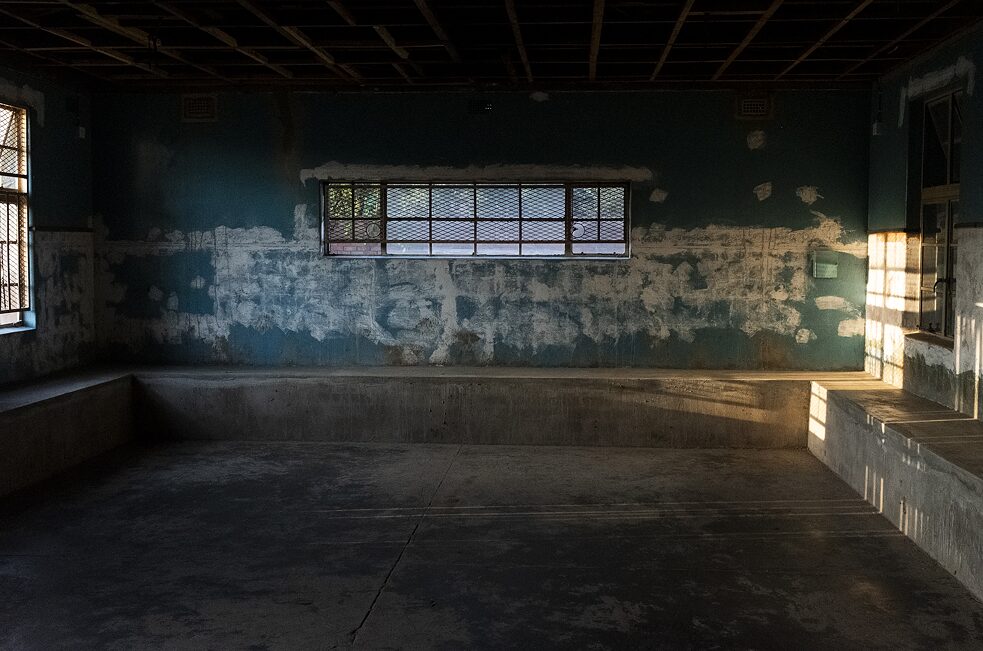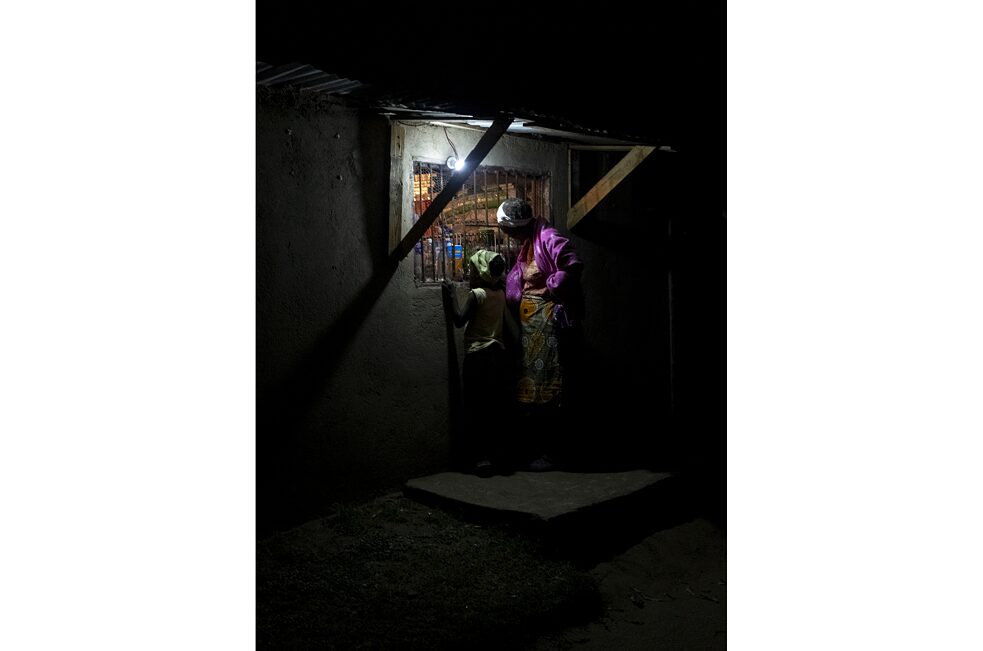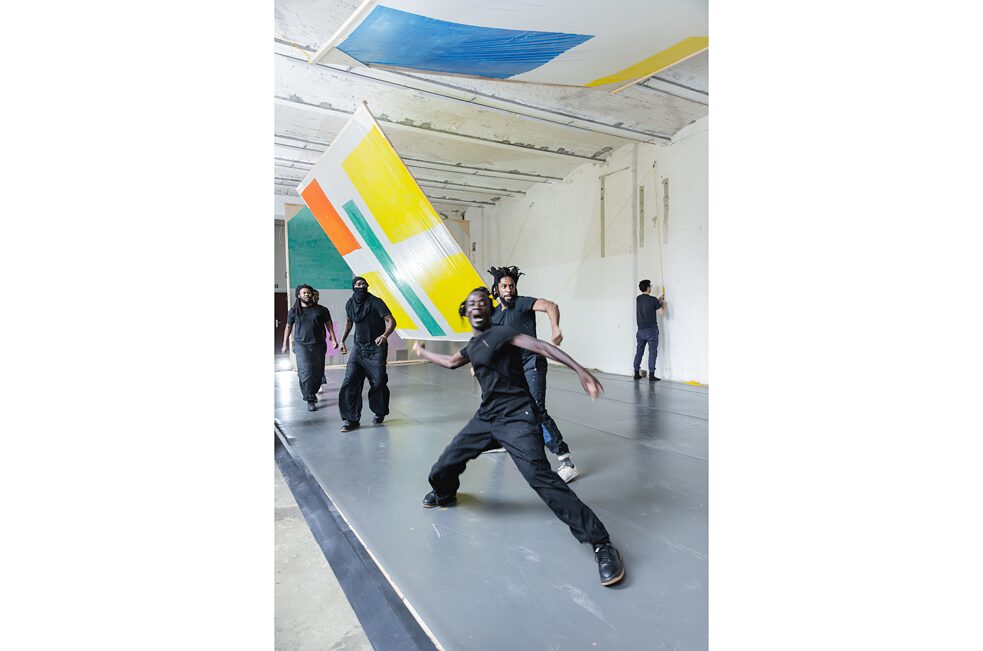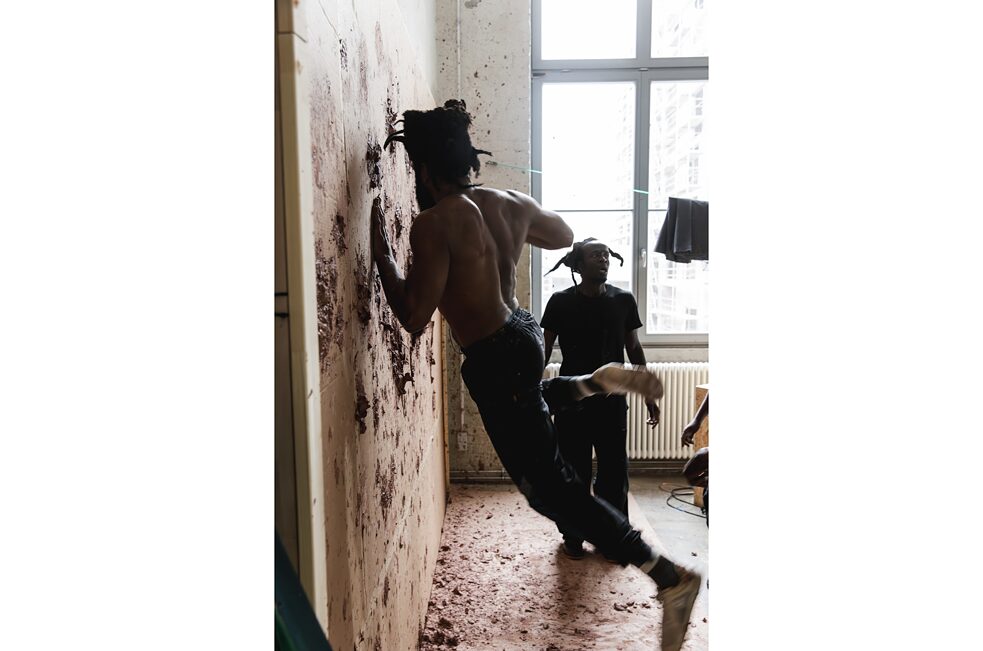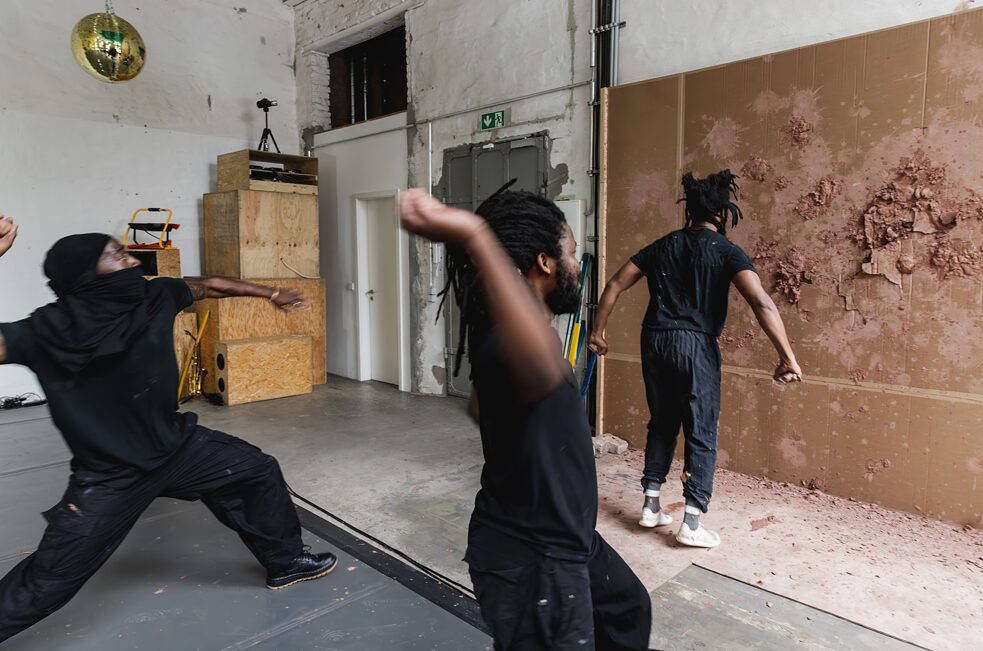Dambudzo
The project is a multimedia exploration of the legacy and ongoing relevance of revolution in Zimbabwe, particularly focusing on the ideas and struggles of the Zimbabwean Revolution. It involves a collaboration between artists nora chipaumire and Svenja Wichmann, blending their backgrounds in performance and visual arts to create a participatory installation that combines sculpture, sound, and movement. The work, inspired by Zimbabwean shebeens (informal bars that foster community resistance), will serve as both an artwork and a space for a movement piece by chipaumire.
The project will culminate in a public event in Vienna at the MuMoK Museum, where the installation will function as a "sound sculpture," with the audience contributing to its transformation by activating different devices that play recorded sound loops. The installation will remain on display until September 2024, accompanied by ongoing performances and discussions.
At its core, the project aims to address questions about the nature of revolution today, using Zimbabwe’s past as a starting point to spark global conversations about decolonization, social justice, and resistance. It challenges traditional art forms and seeks to create an inclusive space that invites reflection on the future of revolution centered on African cultural and political experiences. The project emphasizes the importance of interdisciplinary collaboration and global engagement, aiming to involve audiences worldwide in thinking critically about the present and future of revolutionary thought.
-
Photographic Research in Harare -
Photographic Research in Harare -
Dambudzo Rehearsal in Berlin -
Dambudzo Rehearsal in Berlin -
Dambudzo Rehearsal in Berlin
At its core, the project aims to address questions about the nature of revolution today, using Zimbabwe’s past as a starting point to spark global conversations about decolonization, social justice, and resistance. It challenges traditional art forms and seeks to create an inclusive space that invites reflection on the future of revolution centered on African cultural and political experiences. The project emphasizes the importance of interdisciplinary collaboration and global engagement, aiming to involve audiences worldwide in thinking critically about the present and future of revolutionary thought.
